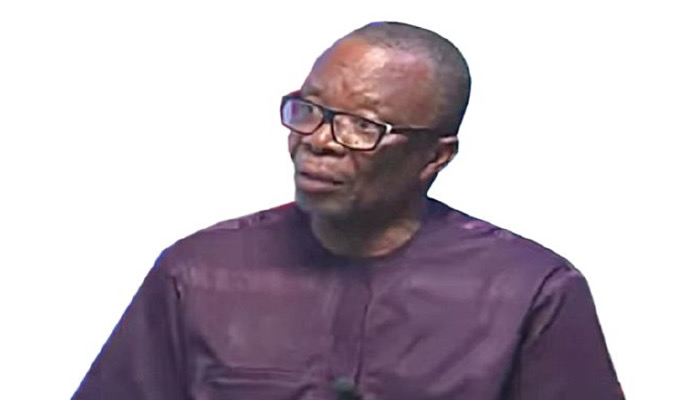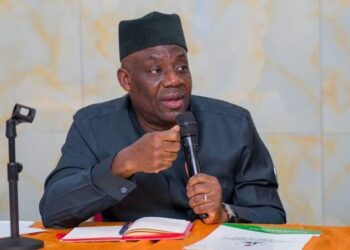The Academic Staff Union of Universities (ASUU) has raised concerns regarding the substantial electricity expenses incurred by universities across the nation, which are estimated to reach N275 billion annually, particularly in light of the recent hike in electricity tariffs. Prof. Emmanuel Osodeke, the National President of ASUU, advocated for a per-unit billing system as the universities’ electricity costs surged by 300 percent, now amounting to N21.480 billion monthly.
In April 2024, the Nigerian Electricity Regulatory Commission announced a significant increase in the electricity tariff for Band A customers, raising it from N68/KWh to N225/KWh, representing a 300 percent increase. Universities fall under Band A, where they typically receive electricity for a minimum of 20 hours each day. However, many institutions have expressed their distress over the escalating electricity costs resulting from this new policy.

Electricity is a vital resource for universities, essential for laboratories, libraries, and other critical functions. Prior to the tariff increase, all 274 universities in Nigeria collectively paid N5,252,000,000 monthly, totaling N63,024,000,000 annually. Following the increase, their monthly expenditure has risen to N21,480,000,000 and N257,760,000,000 annually. Research indicates that the University of Lagos, which previously incurred an average bill of N180 million, now faces a monthly power cost of N300 million.
In an interview, Osodeke insisted that the Federal Government must ensure equitable treatment for all consumers, highlighting the sharp rise in electricity tariffs. He stressed that all users should be billed according to their actual electricity consumption, applying a uniform rate rather than categorizing them into different bands.
Osodeke further criticized the Band-A classification for universities, arguing that electricity tariffs are a national issue that extends beyond universities. He contended that the practice of categorizing consumers into bands, such as Band A or Band B, is fundamentally flawed, advocating instead for billing based on actual consumption with a consistent per-unit rate applicable to all users.
The Committees of Pro-Chancellors and Vice-Chancellors of Nigerian Universities have advocated for a reduction in electricity tariffs applicable to all 274 universities across Nigeria. As reported by the Secretary-General of CVCNU, Prof. Yakubu Ochefu, the average monthly electricity expenditure for first-generation universities has surged from approximately N80 million to N300 million, while second-generation universities have seen an increase from N50 million to N200 million.

He stated, “Electricity expenses for first-generation technical and agricultural universities have escalated from N30 million to N150 million. Similarly, first-generation state universities experienced a rise from N30 million to N150 million. Second-generation state universities, established in 1999/2000, also faced the same increase, from N30 million to N150 million. “Costs for first and second-generation private universities have grown from N10 million to N60 million, while universities founded by former President Goodluck Jonathan have seen their monthly expenses rise from N20 million to N100 million.”
Ochefu emphasized that the committee of vice-chancellors has formally communicated with the Federal Government regarding this issue, which is now under the purview of the pro-chancellors. He warned that without government concessions, students may be required to pay an additional N80,000 for electricity.
“The vice-chancellors have fulfilled their responsibilities. With the inauguration of the pro-chancellors, they will continue the efforts initiated by the vice-chancellors, as this is a critical funding concern. For instance, we previously reported that universities incurred annual electricity costs of N1.2 billion to N1.3 billion”. With the revised tariffs, this amount has escalated to nearly N4 billion annually.
It raises the question of how universities are expected to generate such funds. When calculated, this translates to monthly expenses between N250 million and N300 million. In contrast, the 2024 budget allocated less than N150 million annually for power, water, and overhead costs, despite a previous budget of N1.2 billion per annum, resulting in a shortfall of nearly N900 million.




































